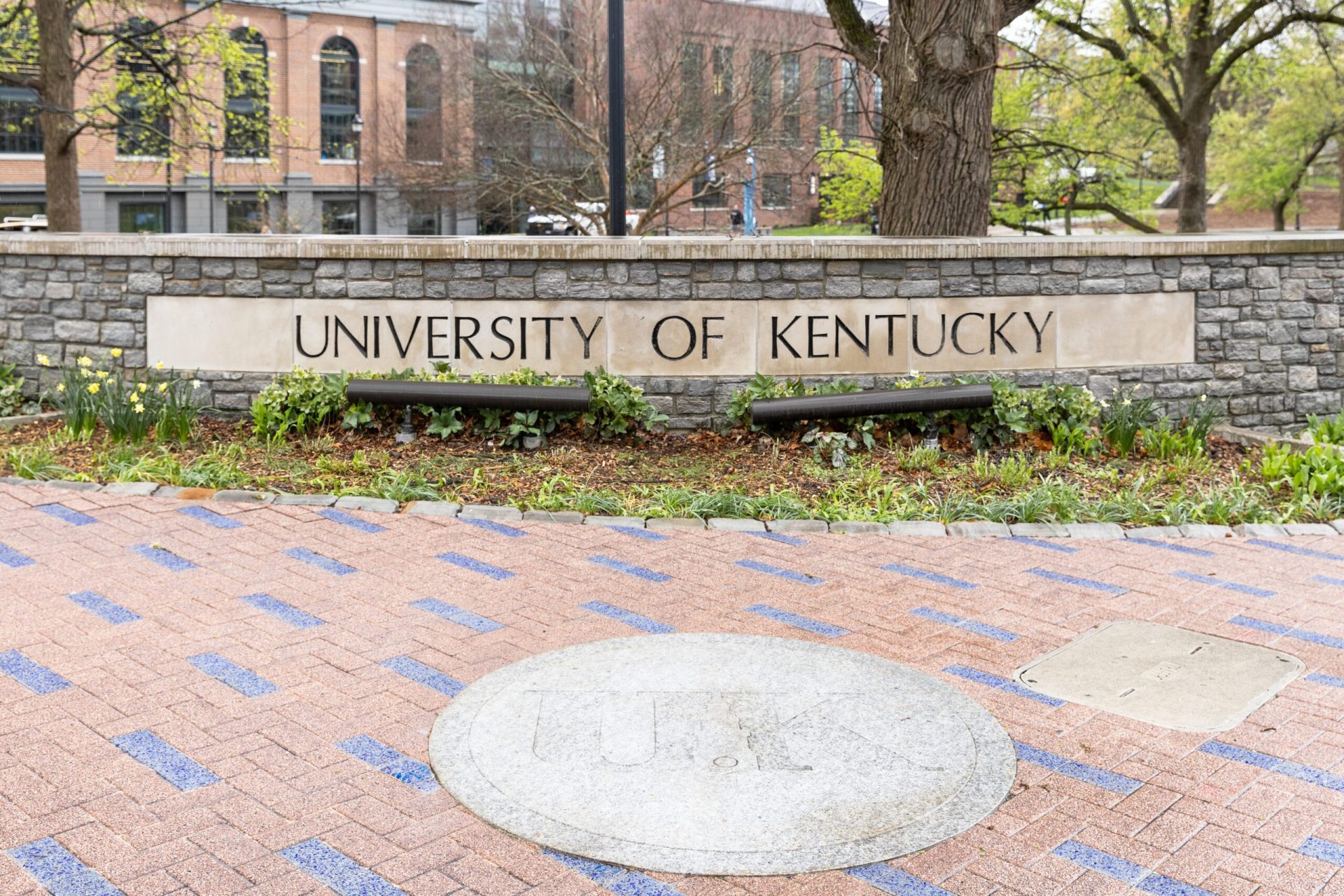
University Of Kentucky To Disband Diversity Office Amid GOP Pressure On Anti-DEI Efforts
The University of Kentucky (UK) announced it will disband its Office for Institutional Diversity, responding to growing scrutiny from GOP lawmakers regarding diversity, equity, and inclusion (DEI) initiatives. The decision comes after state legislators debated limiting DEI practices at public universities, raising concerns that such efforts might stifle free expression and foster a politically charged environment.
UK President Eli Capilouto shared the news in a campus-wide email, explaining that the decision was made following discussions with policymakers and amid ongoing concerns about partisanship in higher education. Although the state’s Republican-led legislature did not finalize legislation restricting DEI initiatives earlier this year, the issue is expected to resurface when lawmakers reconvene.
As part of the restructuring, units within the now-defunct diversity office will be integrated into other areas of the university, including a newly created Office for Community Relations. Capilouto emphasized that no job losses will result from the changes, and the university remains committed to its core values, including protecting academic freedom and fostering inclusivity.
“But we’ve also listened to policymakers and heard many of their questions about whether we appear partisan or political on the issues of our day and, as a result, narrowly interpret things solely through the lens of identity,” Capilouto stated. He acknowledged concerns that this approach could inadvertently limit discourse, a sentiment he says has been echoed by students, faculty, and staff.
This move follows similar actions in other states where GOP lawmakers have targeted DEI initiatives. In Missouri, for example, the University of Missouri recently dissolved its “Inclusion, Diversity and Equity” division, while Iowa’s legislature passed a budget bill banning non-essential DEI offices in higher education.
Kentucky lawmakers supporting these efforts welcomed UK’s decision. Republican state Sen. Mike Wilson, a prominent voice in the anti-DEI debate, praised the university’s move, stating, “A true elimination of these DEI policies in our public universities will end the division they promote, and allow our colleges and universities to be the true bastion of free thought we need them to be.”
Opponents, however, argue that scaling back DEI initiatives could negatively impact minority enrollment and suppress conversations about past injustices. UK’s former Office for Institutional Diversity focused on recruiting and retaining a diverse campus population, but the restructuring aims to ensure that political impartiality remains a priority.
The university will no longer require centralized diversity training or mandate diversity statements in hiring processes. Additionally, university websites will be kept free of political positions, reinforcing a neutral stance.
Capilouto stressed that these changes do not infringe on academic freedom, stating, “Faculty decide what to teach as part of formal instruction and where discovery should take them as scholars in their areas of expertise.”